Numerous Nigerian students wrongly accept that they are not qualified to get a visa for work and study while in the U.S. In any case, in all actuality, there are a few work choices and visa types that Nigerian students can exploit during their study in the U.S. so as to increase some professional experience.
1. F-1 Visa
The F-1 visa enables access to the U.S. for full-time academic enrollment. Since F-1 visa holders can arrive before the actual arranged time as 30 days ahead of time of their program, they are likewise given the authorization to begin working on-campus within that period.
For employments granted on-campus, you must be able to keep to certain conditions which mainly consist of the following:
- Working in a related student service field
- The location of the offered job must be on-campus for up to 20-hours a week
- Applying for a Social Security Number (SSN)
Employment off-campus is also a work choice but it can only be granted on the condition of having obvious circumstances that directly truncate the student’s capability to finance their program.
Employment obtained off-campus can start only if your designated school official grants the approval. This is because the DSO is the person who normally signs your I-20 application after you have filled out the corresponding I-765 form.
2. Optional Practical Training (OPT) & Curricular Practical Training (CPT)
The various status for Optional Practical Training (OPT) and Curricular Practical Training (CPT) are given based on furnishing an international student with the choice of professional training before going to their home country. Nigerian students are qualified for both once they have completed their first academic year.
The principle contrast between them is that CPT is connected to a registered class, while OPT isn’t. OPT can be conceded pre-or post-graduation yet the field of work which Nigerian students will be permitted to practice must have relevance with their major.
If you are among those interested in pursuing a life and career in the United States, OPT can be a great bridge. However, the various statuses for off-campus and OPT are normally the same and only one of them can be granted to you. That is the main reason you will see that off-campus status is not common and only suggested in obvious financial circumstances.
3. H-1B Visa
Acquiring an H-1B visa is your last advance in the event that you are mulling over a professional career in the U.S. Through the H-1B visa program, you can work along with your study in the U.S. for as long as three years with a renewal of an extra three years.
Getting an H-1B visa can be testing, especially on the grounds that there is a standard cap of 65,000 allowed every year (you likewise should be sponsored by your workplace). Fortunately, this cap does not have any significant bearing to higher education institutions or nonprofit organizations hoping to hire international professionals.
Since 1997 the quantity of H-1B visas conceded enormously surpasses the cap (actually, in many years the number allowed is more than double the cap). In 2012, a sum of 136,000 H-1B visas was allowed and like student visas, they are additionally on the rise. Note that the H-1B visa program is on a “first-come, first-served” premise.
In Conclusion About U.S. Work And Study Visa Types
So what does this all imply for you? It implies that as a Nigerian student with work and study visa, you are given different options to grow the extent of your student experience.
For instance, in a situation that you are keen on doing research, you can utilize the on-campus employment choice to get to know the methodologies and research topics that are offered by your university through its research centers. Or on the other hand, you can utilize the off-campus alternative to begin constructing your own network of professionals.
Most colleges or universities have job fairs for students on-campus that you can visit and use to network with future employers. You can likewise utilize these employment options to increase further knowledge into the opportunities and confinements of your program.
Keep in mind these employment options for work and study visa are intended to enable you to try the skills and knowledge you are learning in a professional setting. At last, these distinctive employment options offer you the likelihood to access one of the most competitive labor markets on the planet.

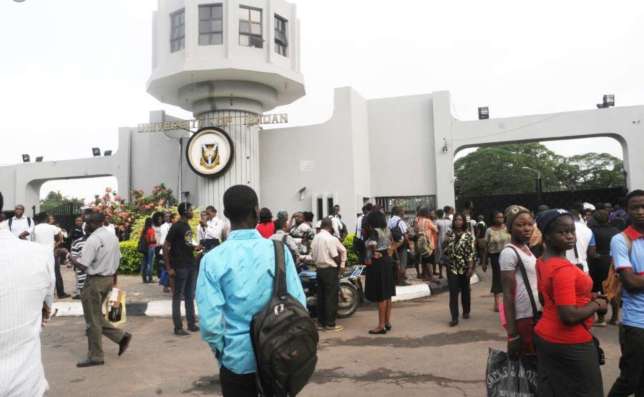
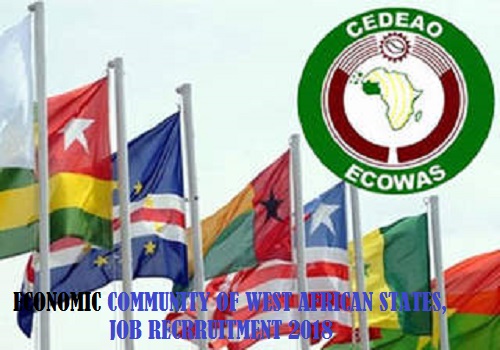




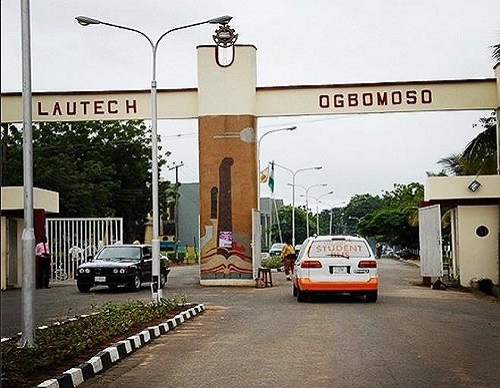







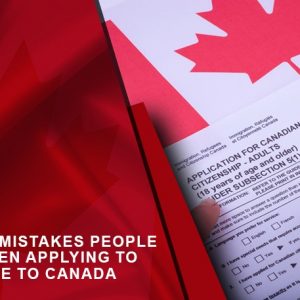

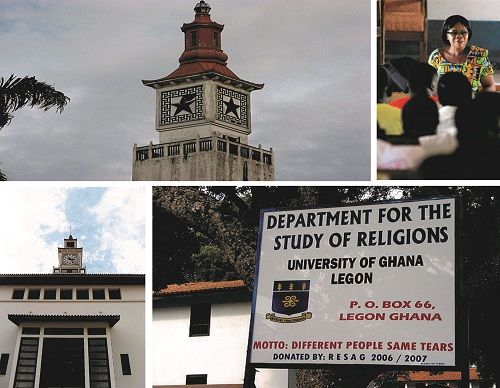

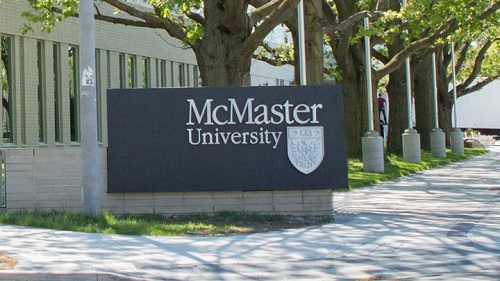

For instance, the article reminds learners that student visas are not monolithic—mainly the F-1 for academic students and M-1 for vocational or non-academic training. The distinction matters a lot: F-1 students often get more employment flexibility (after a year) than M-1 students, who generally can’t work on campus and have more restrictions.
It also discusses work visas like H-1B, which are commonly used for “specialty occupations” requiring a degree. Knowing that an employer must sponsor this visa helps you understand why these roles are in high demand among foreign professionals. The article’s mention of exchange visas (J-1) and others like L-1 for intra-company transfers gives a fuller picture—these aren’t just academic or tech tracks, but many paths intersect between study and work.
Well done.